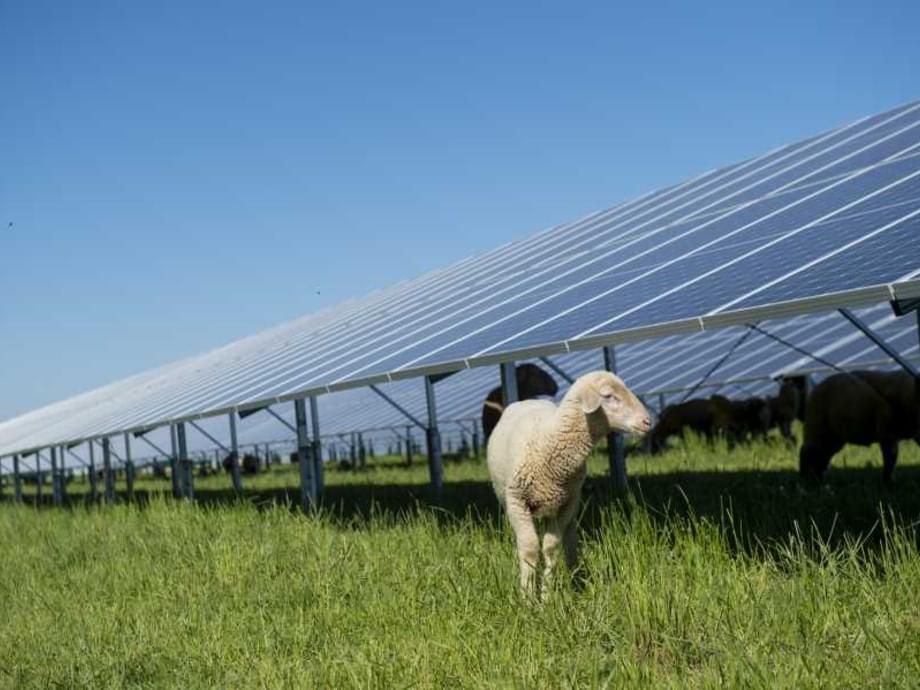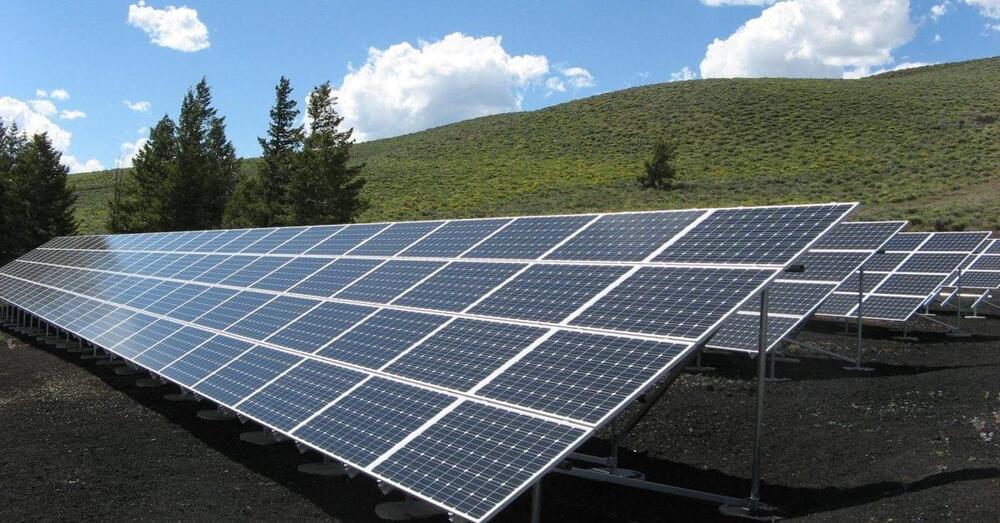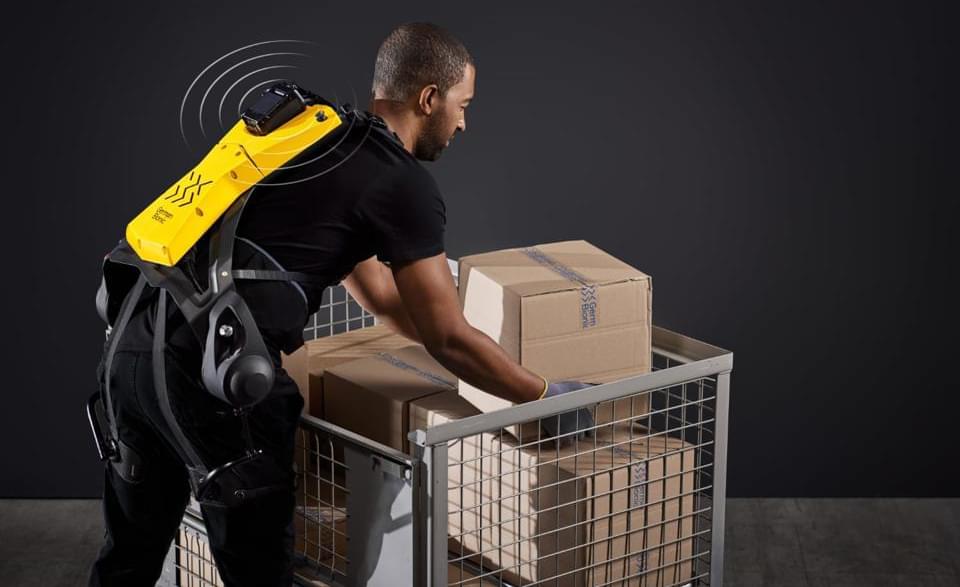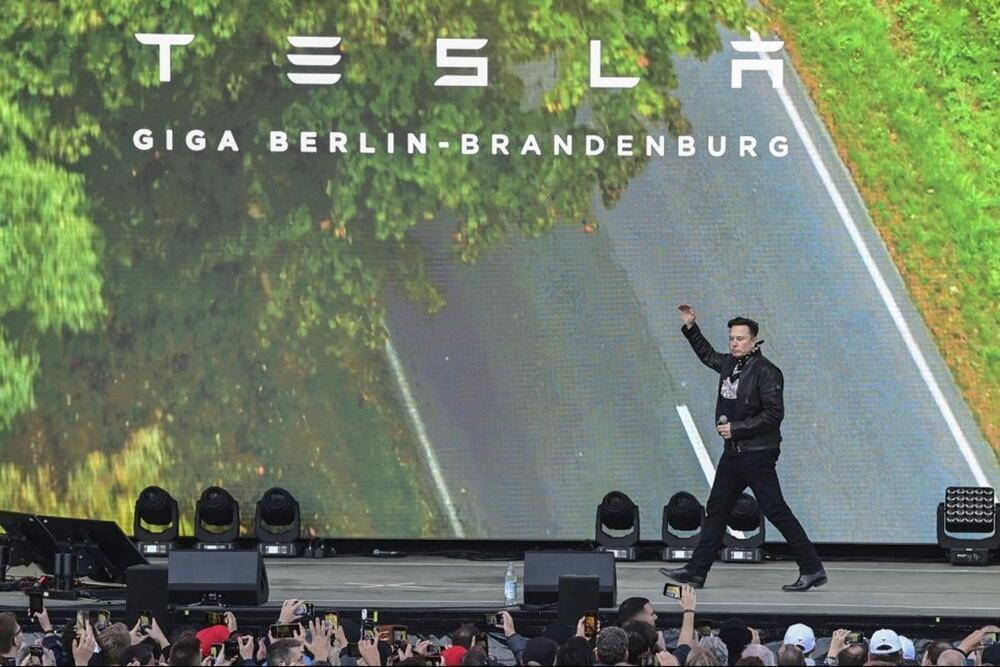Solar roofing provider GAF Energy announced today its Timberline Solar product uses solar shingles that you can nail to a roof.
GAF Energy, a division of Standard Industries, has made a solar roof system that integrated easily into traditional roofing processes in materials thanks to what it calls the first “nailable” solar shingle, the Timberline Solar Energy Shingle, which will be assembled domestically at GAF Energy’s manufacturing and R&D facility in San Jose, California. The company showed off the tech at the CES 2022 trade event in Las Vegas.
The project will create local American jobs and hopefully create more demand for residential clean energy. One of the challenges to date has been the need to house solar tiles on platforms that have to be attached to roofs, making a solar roof installation more complicated than putting on a traditional roof.






